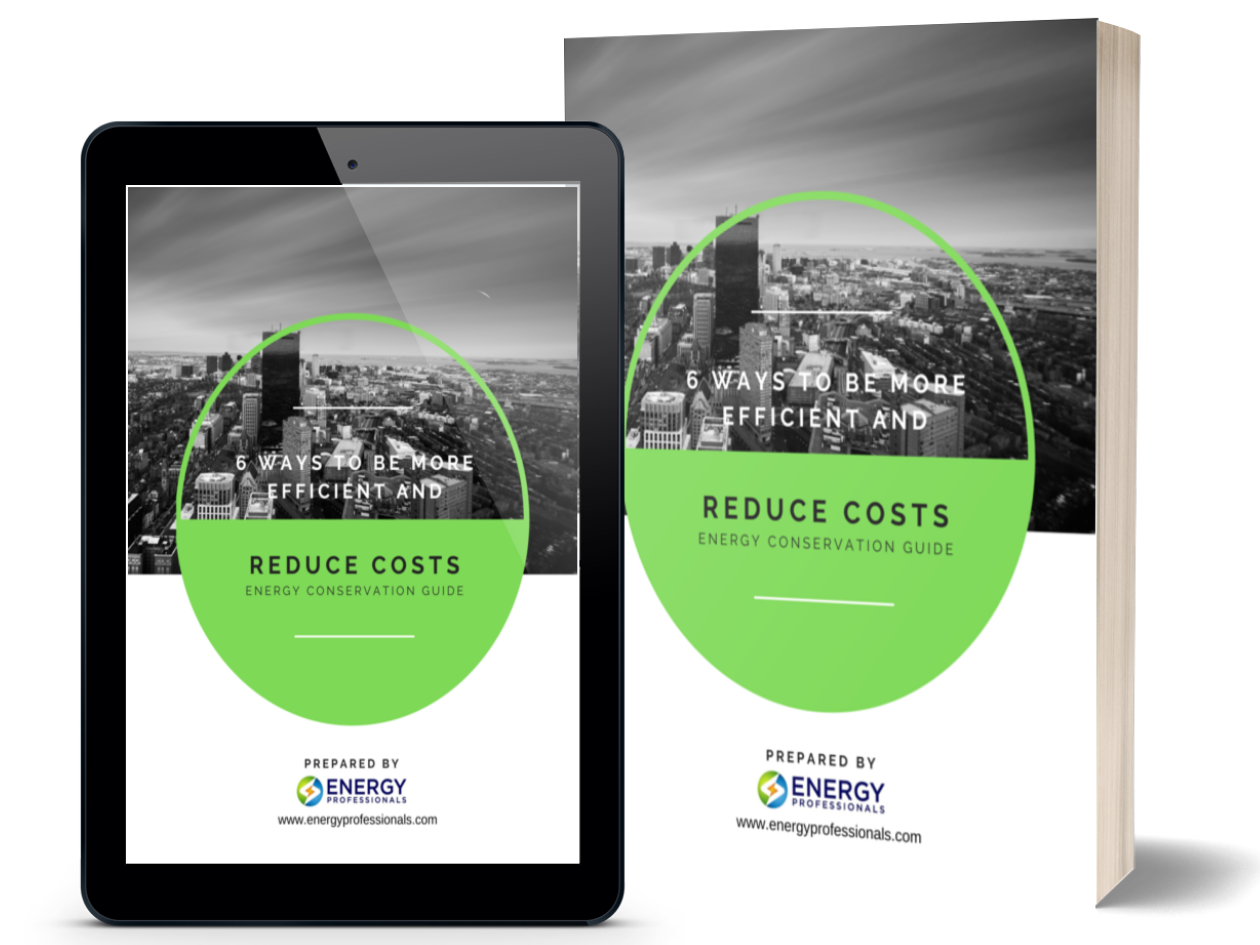Record Warm Temperatures in Gulf of Mexico Increases Risk a Major Storm Will Disrupt Natural Gas Production
Energy News Update: August 21st, 2023 Record Warm Temperatures in Gulf of Mexico Increases Risk a Major Storm Will Disrupt

Energy News Update: August 21st, 2023 Record Warm Temperatures in Gulf of Mexico Increases Risk a Major Storm Will Disrupt
Energy News Update: August 21st, 2023
In our July 31st Energy Update we pointed out Natural Gas tends to be lower in the Spring and Fall between the Winter Heating and Summer Cooling seasons, and this pattern is especially accurate when the Spring or Fall lows occur near historically low prices. For example, since 2000, Natural Gas declined to near today’s unsustainably low prices 4 times; and in each case the final lows were attained either in the Spring or Fall, and average price was always higher for at least 36-months:
And as we pointed out in previous reports Natural Gas did not remain at prices as low as they are this year because they are below the cost of production, and Natural Gas exploration and production companies are not profitable when prices are this low; therefore, they are highly motivated to decrease production leading to higher prices so they can recoup lost revenue.
We pointed in our July 31st Energy Update this is precisely what was taking place with Baker Hughes reporting active Gas rigs 18.4% below where they were at that time last year.
And over the last 3 weeks the number of active rigs have continued to decline with Baker Hughes reporting as of last Friday active rigs are now 26.4% below where they were this time last year.
The sharp decline in active Gas rigs will support higher Natural Gas prices long-term, but is there a short-term risk factor that could trigger the start of the long-term rally near-term?
Yes, there is, record warm ocean temperatures are increasing the risk a major storm disrupting Natural Gas production leading to much higher prices!
The risk of a Major hurricane in the Gulf of Mexico this year is very high due to sea surface temperatures in the Gulf of Mexico are the highest on record by a significant amount. NOAA has reported the weekly average sea temperatures in the Gulf of Mexico are presently averaging 88.2 degrees Fahrenheit, breaking the previous weekly average record of 87.0 degrees Fahrenheit, set in August 2011.
Breaking the previous record by more than one degree Fahrenheit is extremely significant and record-breaking Atlantic sea temperatures led to NOAA increasing its Atlantic hurricane forecast, to as many as 21 named storms, compared to a typical yearly average of 14 named storms. The likelihood of more storms along with warm waters increasing the potential of rapid intensification as storms approach coastlines is a major concern for our coastal Natural Gas processing facilities.
Given the short-term risks associated with a major storm disrupting our Natural Gas processing facilities and the fact that since 2000 whenever Natural Gas has been as low at it is this year, its average price was always higher at least 36-months, if you have agreements expiring within the next 18 months, we recommend reserving power to be available when your present agreement expires. Our concern is the longer you delay now, the more you may pay later.
Not every client’s risk tolerance and hedging strategy are the same, but the above report will help you put into perspective the risk/reward opportunities. I invite you to call one of our energy analysts to help you plan a hedging strategy appropriate for your situation.
Ray Franklin
Energy Professionals
Senior Commodity Analyst


Don't have one? You can get one by calling us at 855-4-PKIOSK.
Energy Professionals is committed to finding its customers the best possible rates on electricity and natural gas. Tell us your location and service type and our energy manager will connect you to the most competitive offers.
Switching to an alternate supplier is easy. There is no chance of service disruption, and you'll continue with your current utility for energy delivery and emergency service. Take a few minutes to discover your best offers, and enjoy the benefits of retail energy in your home or business.
1. Energy Type
2. Service Type
3. Zip Code
4.Local Company
5.Zone
We believe that knowledge is power. Here’s a free e-book that provides business solutions to reducing energy costs.
Download E-Book Free Energy Audit




